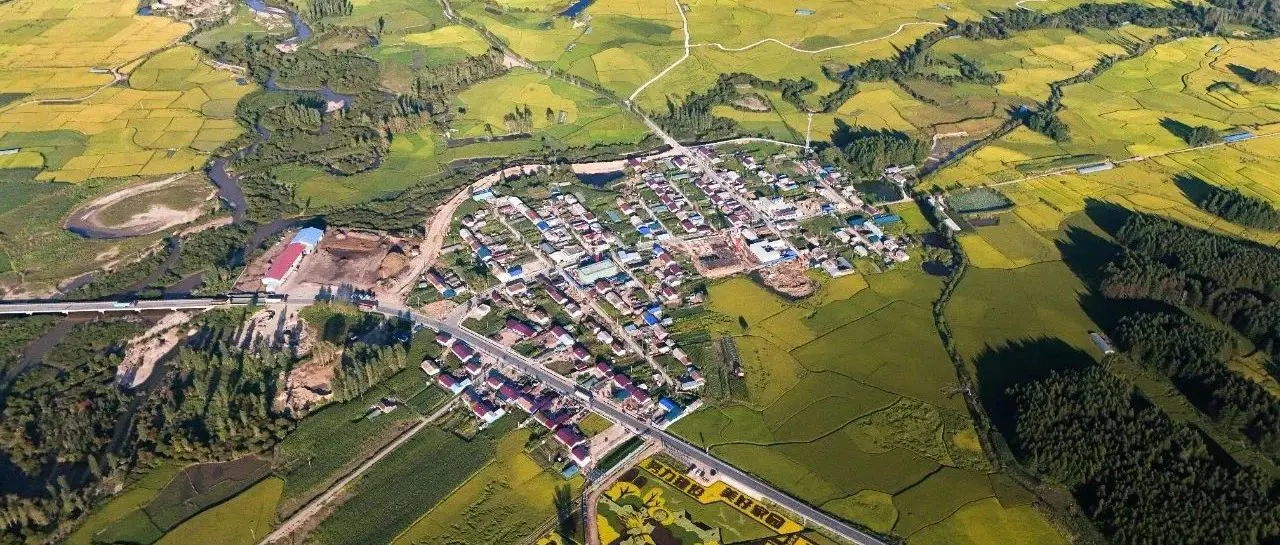Buying or building houses in rural areas? The Central Document No. 1 of the year proposes two "prohibitions".

As the comprehensive revitalization of rural areas progresses steadily, how to effectively manage and utilize rural resources and assets has become a hot topic of social concern. The recently released annual Central Document No. 1 emphasizes that urban residents are not allowed to purchase farmhouses or homesteads in rural areas, and retired officials are not permitted to occupy land for building houses in the countryside.
The central government's requirements are very clear: urban residents are not allowed to purchase farmhouses or rural homesteads in the countryside, and retired officials are not allowed to occupy land to build houses in rural areas. These two policy baselines must be firmly upheld and not breached, said Zhu Weidong, Deputy Director of the Central Financial and Economic Affairs Commission and Deputy Director of the Central Rural Affairs Leading Group Office, at a press conference held by the State Council Information Office.
Why is it necessary to establish this red line and forbidden zone? What is the deeper meaning behind it? Journalists interviewed industry experts.
According to experts, in recent years, there has indeed been a phenomenon of private buying and selling of rural houses and homesteads between urban and rural areas. For instance, some urban residents and rural inhabitants have privately signed agreements to transfer and trade homesteads and houses. Additionally, some regions have not properly managed the relationship between attracting talent to rural areas and the management and utilization of homesteads. To allow retired officials or returning entrepreneurs to settle, they are granted collective membership or special qualification rights through village collective economic organizations, enabling them to enjoy the same rights as villagers to obtain land and build houses.
"Homesteads are the basic residential security for rural villagers. In fact, urban residents and retired officials occupying rural land to build houses is fundamentally not permitted by laws and regulations," said Liu Junjie, Director of the Agricultural Land Policy Research Office at the Rural Economic Research Center of the Ministry of Agriculture and Rural Affairs. The Constitution stipulates that land in rural and suburban areas is collectively owned, except for portions designated as state-owned by law; homesteads, private plots, and private hills are also collectively owned, a provision that is clearly outlined in the Land Administration Law as well.
This means that the eligibility for obtaining the right to use homestead land is tied to membership in a rural collective economic organization. Only members of rural collective economic organizations are entitled to the right to use homestead land, while non-members cannot enjoy this right. Urban residents, retired officials, and others do not qualify as members of rural collective economic organizations and thus cannot apply for or obtain homestead land in rural areas.
Why are urban residents and retired officials not allowed to purchase land and houses in rural areas? Liu Junjie stated that land is the lifeline of farmers, and homesteads are the fundamental basis and "last line of defense" for their survival. If free transactions were allowed, the influx of social entities into rural areas might lead some farmers to lose their land driven by short-term interests, posing significant risks to their future livelihood security. "Prohibiting urban residents from buying houses and homesteads in rural areas adds a 'safety valve' to the rights and interests of farmers, ensuring they do not lose their fundamental means of livelihood in the process of modernization," he said.
In the view of Tang Xiaofu, an associate professor at the College of Agriculture at Guangxi University, allowing urban residents and retired officials to purchase rural homesteads could lead to the limited resources of rural homesteads being occupied by outsiders. On one hand, some eligible rural residents might not be able to obtain homesteads, which could exacerbate conflicts and disputes over land use and the allocation of public resources, affecting the harmony and stability of rural society. On the other hand, if the trading of homesteads is liberalized, social capital might excessively occupy land and other rural resources, causing rural development to deviate from a reasonable direction.
Liu Junjie stated that the central government's No. 1 document explicitly proposes two "prohibitions" in consideration of the high enthusiasm of social forces to participate in rural construction under the background of promoting comprehensive rural revitalization. The policy requirements for the standardized management and orderly utilization of homesteads are very high in actual operations, and some localities may not accurately, adequately, or comprehensively grasp the policies. Clearly emphasizing and reiterating the red lines and forbidden zones helps various regions to implement related policies more strictly and normatively, avoiding deviations and loopholes in policy execution, and ensuring that policies are accurately and effectively implemented.
Professor Wei Wanqing from the School of Social Development at East China Normal University believes that although the No. 1 central document explicitly emphasizes these two "prohibitions," it does not mean that rural housing and homestead resources cannot be connected with external demand. The No. 1 central document also proposes exploring effective ways to revitalize and utilize legally owned rural houses through methods such as leasing, equity participation, and cooperation. "By properly revitalizing idle rural houses, we can better meet the housing and other needs of those who return or move to rural areas with the passion and willingness to participate in rural construction," said Wei Wanqing.

